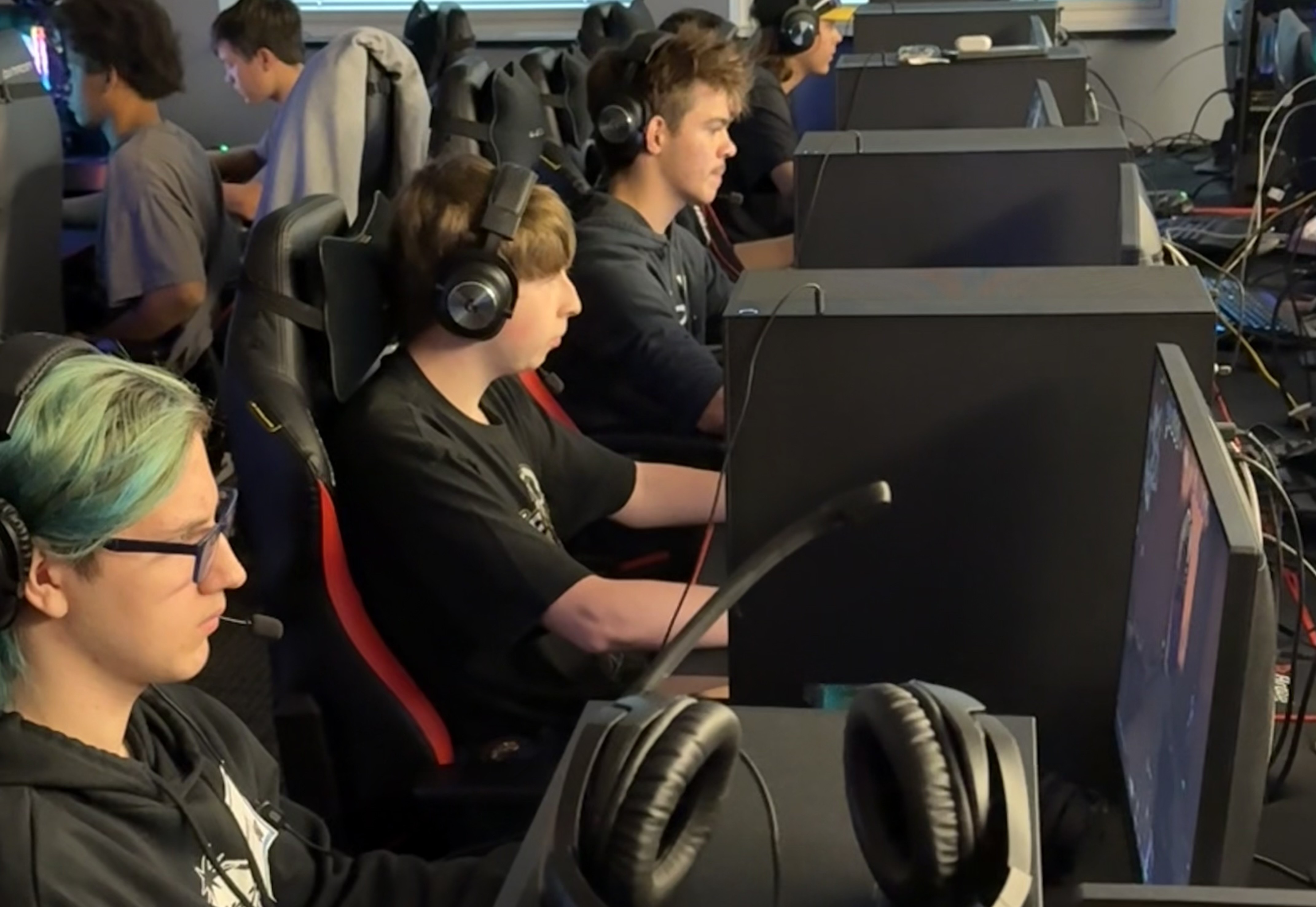DAILY INSIGHT: Is Educational Technology Boring?
By Terry Freedman, CIO Advisor
Here in the UK, where we refer to educational technology as “ICT” (information and communication technology), you can make an instant hit with a non-teacher audience by standing on a stage and proclaiming that ICT lessons in schools are boring. Do you need any evidence to support such a statement? Well, yes, but you don’t have to look very far for it. Just say something along the lines of:
My son/daughter, who is 5 years old and was sending textbook messages as soon as s/he had emerged from the womb (to let everyone know they’d arrived), came home the other day and said their ICT lessons are boring.
On that basis, you can suggest that (delete as applicable):
- the curriculum needs to be completely overhauled
- schools are not doing their job
- teachers are not doing their job
- all of the above.
You think I am joking, right? Or maybe exaggerating for effect. I wish I were. I can assure you that at every conference I attend about the so-called digital skills gap in the UK, this is the kind of thing that is said. (Read this article for more details.) Imagine the reaction you’d get if you went up to an employer and said:
Hey! You need to start making widgets. You’ll make a million. I know this because my 5 year old son came home and told me he’d love a widget. Start the production lines rolling now!"
They’d think you were insane.
Tools and ideas to transform education. Sign up below.
And they’d be right.
Now, there is little doubt that, sadly, many ICT lessons are boring. I know: I’ve observed them. It’s so astonishing to me that anyone could take such a potentially rich subject like ICT or anything involving technology and make it boring that a few years ago I even wrote a how-to guide for anyone wishing to do the same in their own classroom! Called Go On, Bore ‘Em: How to make ICT lessons excruciatingly dull, it’s still selling well (and just in case the British humor hasn’t carried across the Atlantic too well, the title was intended to be tongue-in-cheek: a bit like a burglar telling you how to make your house easier to break into!)
So, am I being hypocritical here? I don’t think so. I know there are quite a few boring ICT lessons going on every day, because I’ve observed some of them, discussed the problem with fellow professionals, listened to students talking about it, read reports about it. What I have not done is listened to one person and, on that basis, proposed a complete overhaul of the curriculum.
If it’s worrying that some people do that, it’s even more concerning that the press report such pronouncements as though they are statements of fact. I don’t think many would disagree with me when I say that, for the most part, the most critical journalists are no longer to be found in the press, but in the blogosphere. Surely it cannot be right that amateurs are often doing the work that the professionals should be doing, like asking awkward questions and calling people to account? (I know there is still excellent journalism by journalists to be found, but in my opinion the overall standard has declined.)
The other side of the coin, as far as ICT teaching is concerned, is that there are many dedicated, enthusiastic, exciting, engaging teachings doing a fantastic job in the classroom and beyond. There is plenty of evidence for that too, but it’s not very newsworthy.
But there is a wider, and more worrying point to be made. When politicians or Principals announce grandiose schemes, new legislation, wholesale changes, new educational technology initiatives, or whatever, who have they listened to? If they’ve carried out, or relied on, some reasonably objective research, then fine, I can live with that. What worries me, however, is the thought that they may listen to people who carry authority, but who base their “findings” on a conversation they’ve had with their three year old son the day before. I think we all need to start asking difficult (for some) questions. “How do you know this?” would be a good start.
